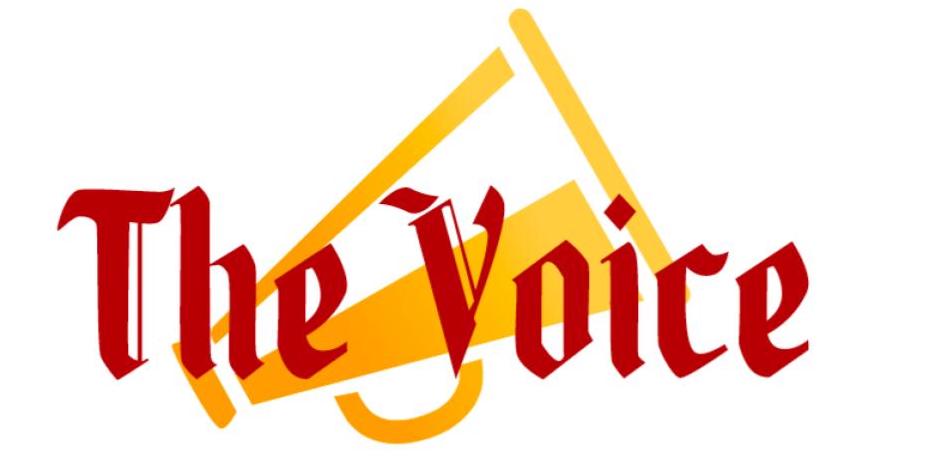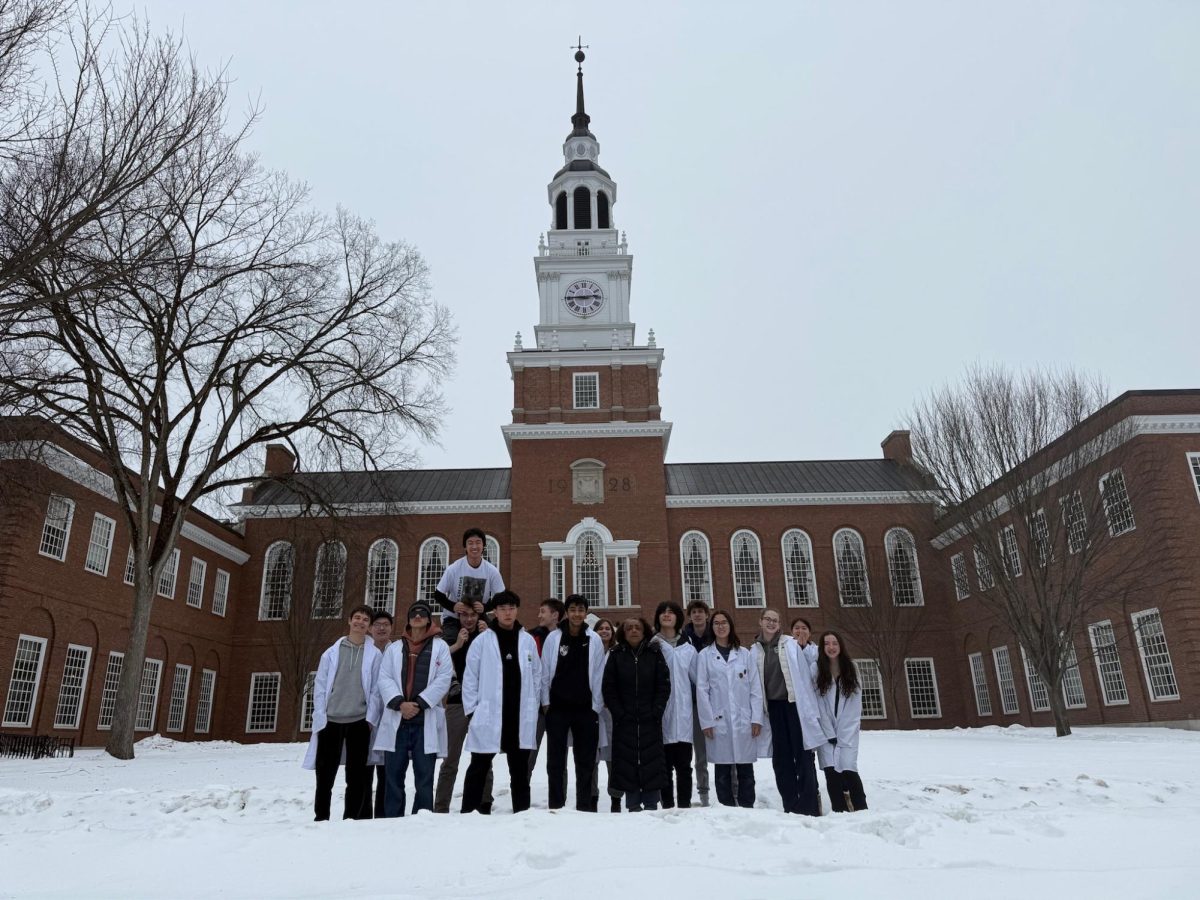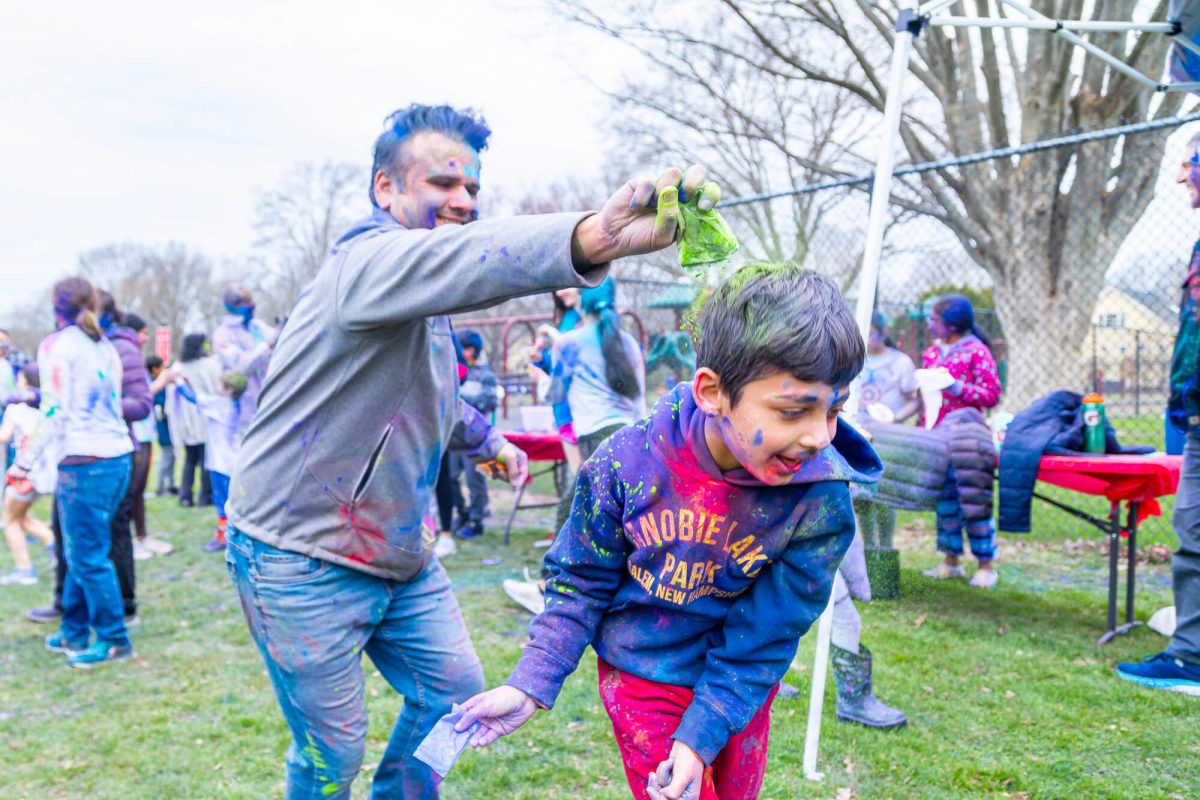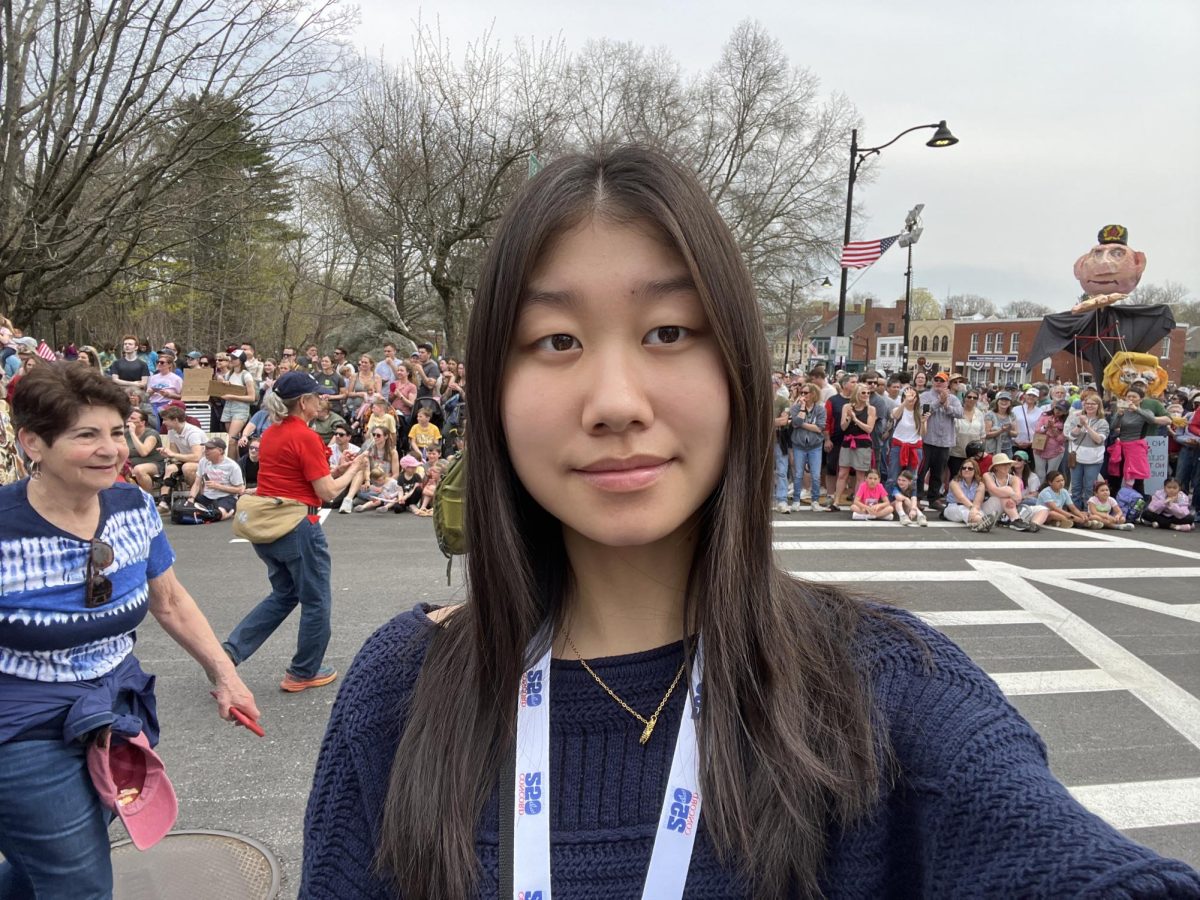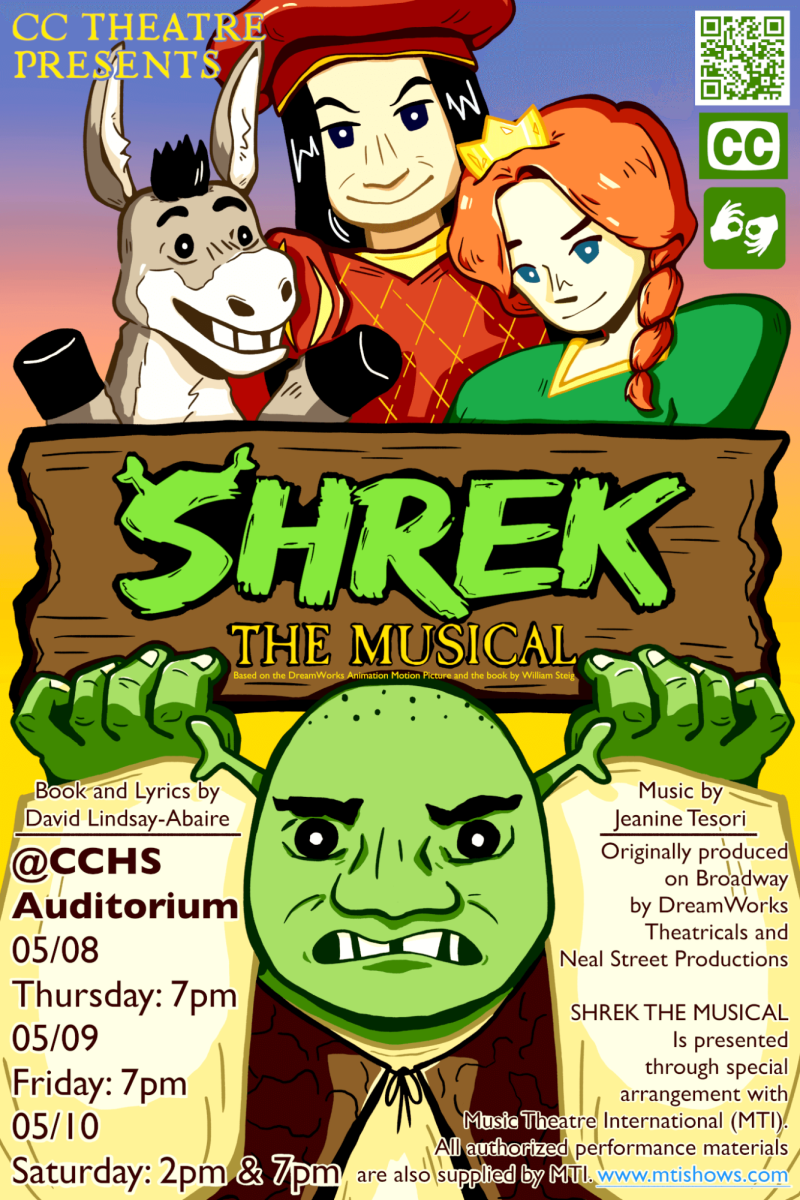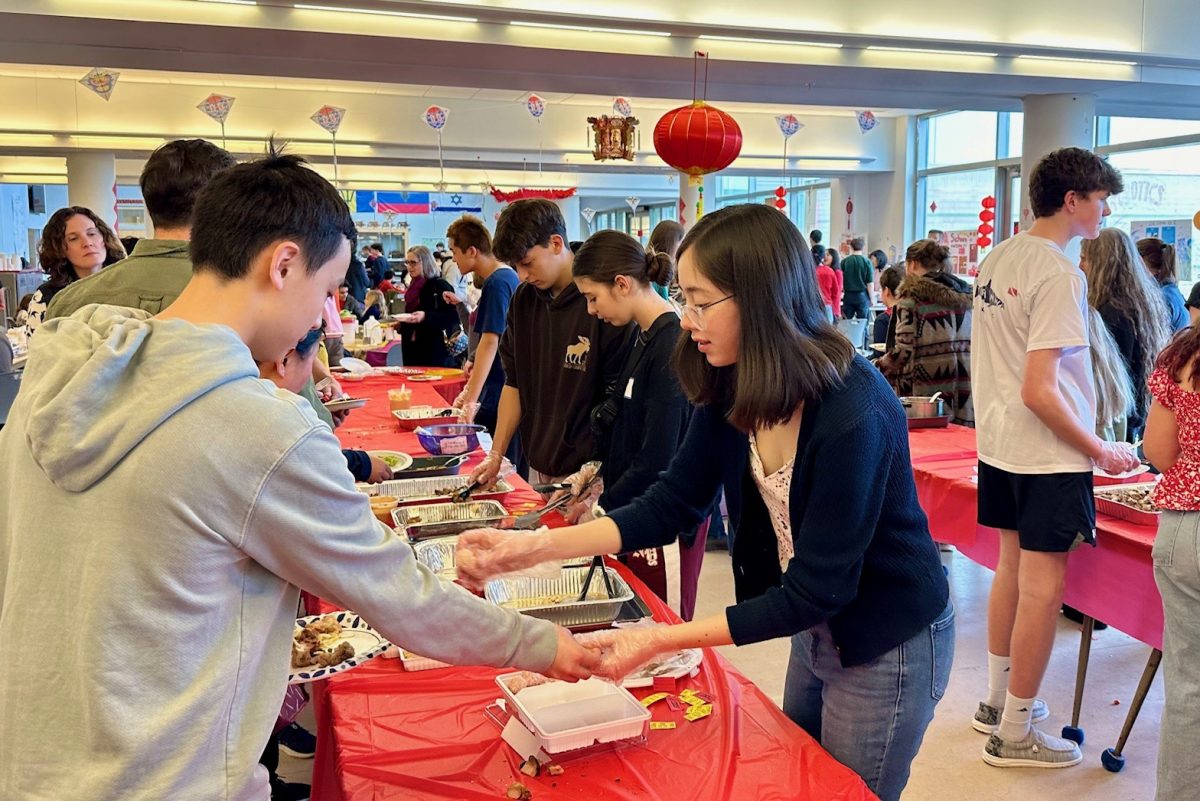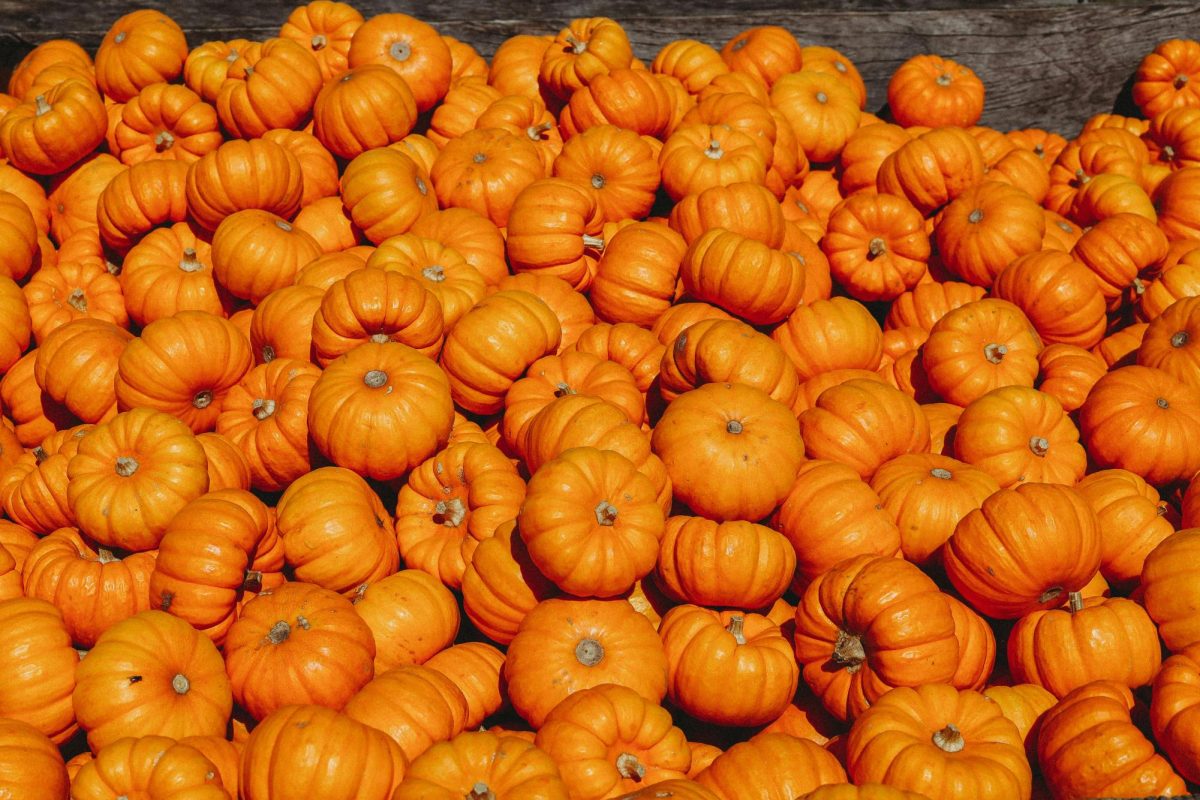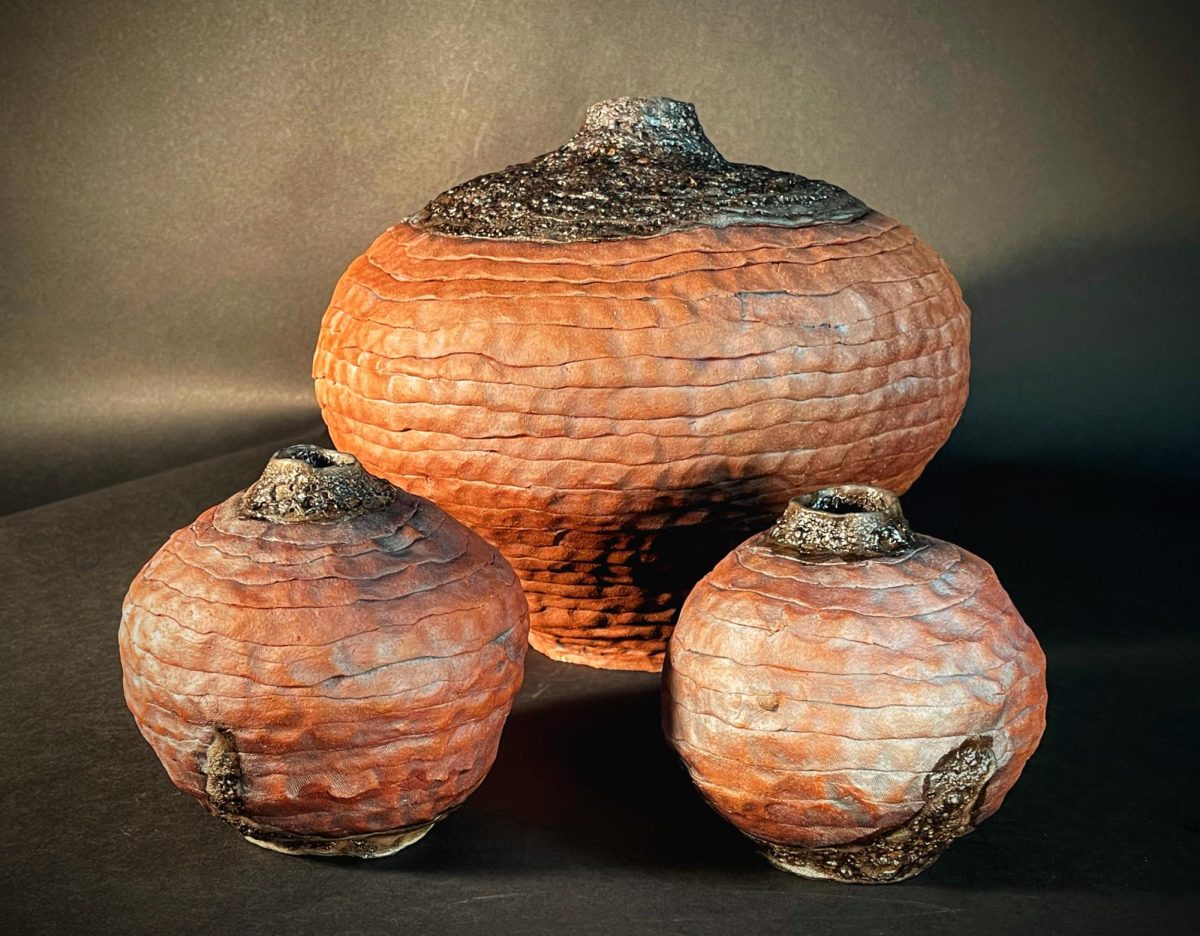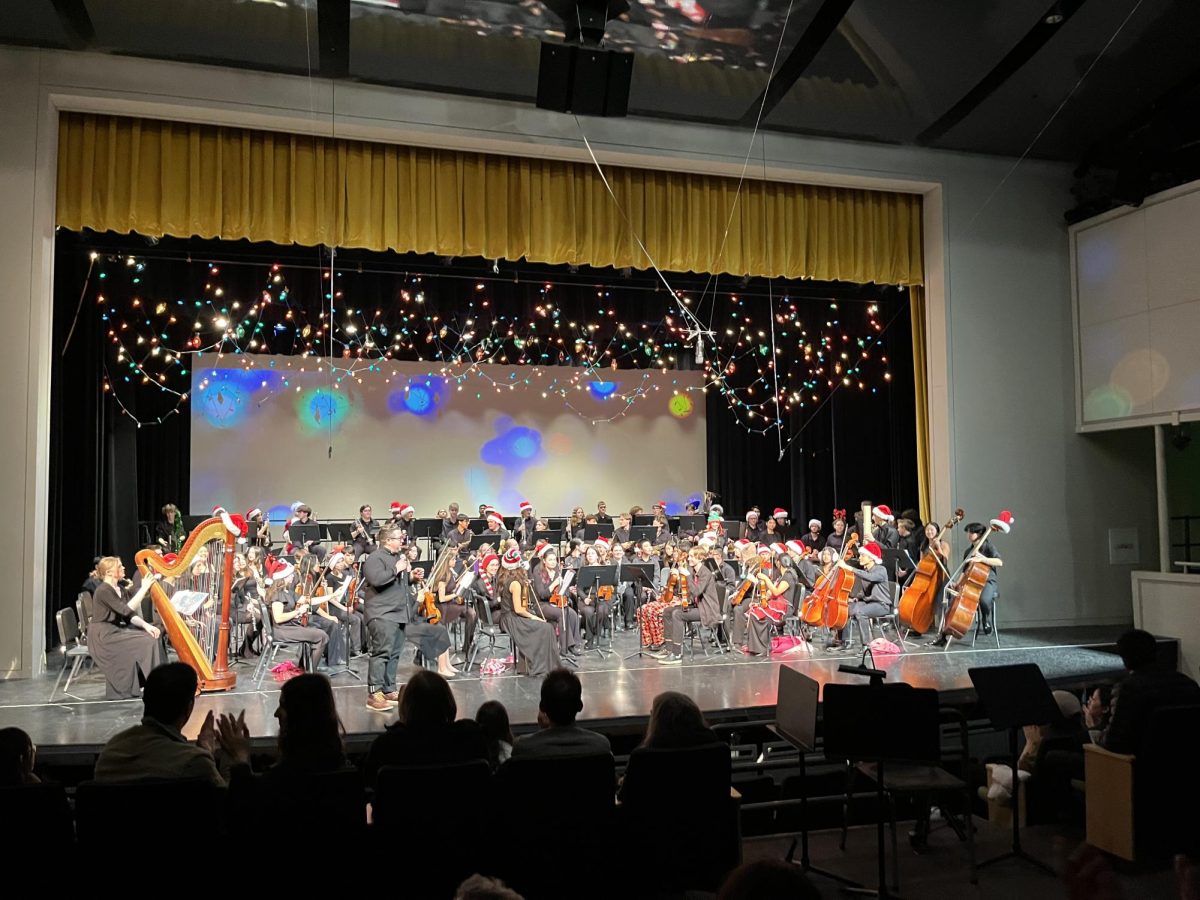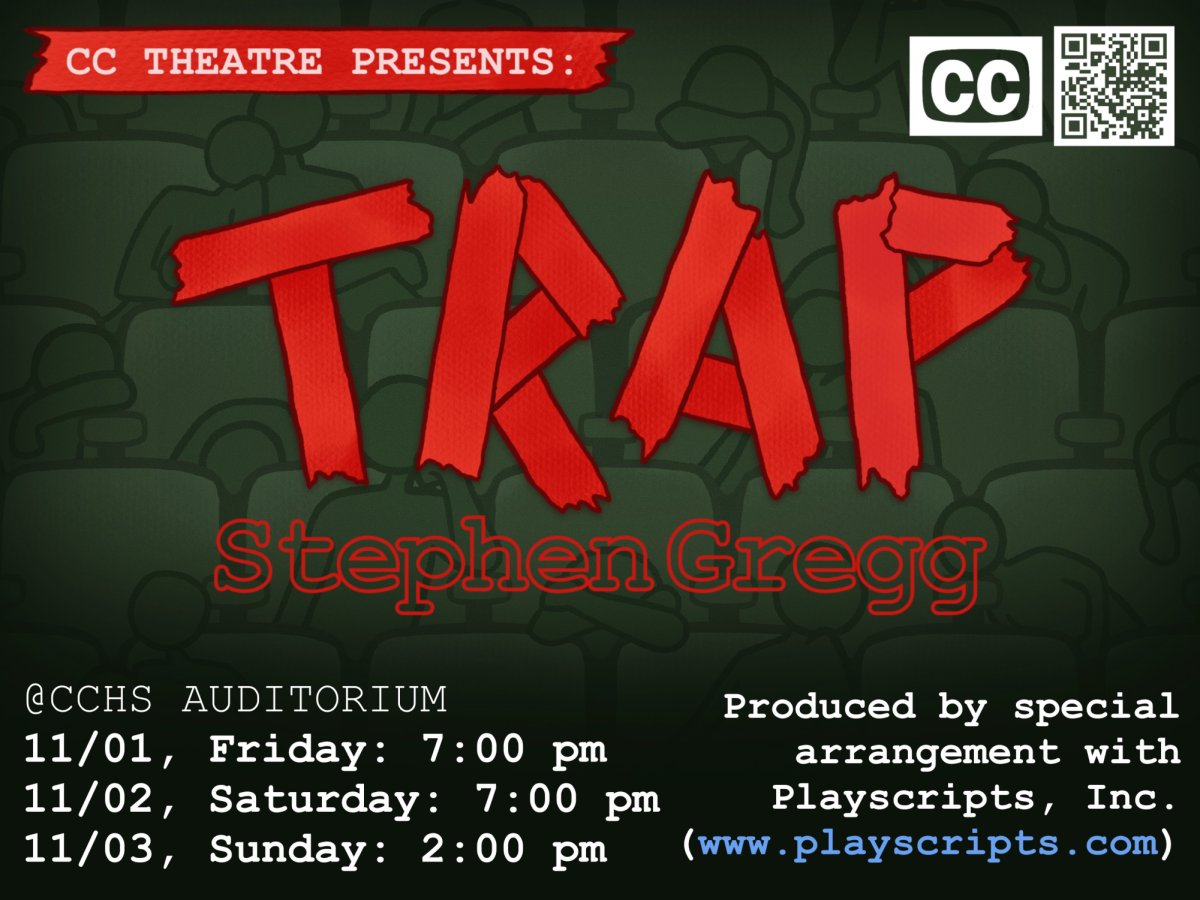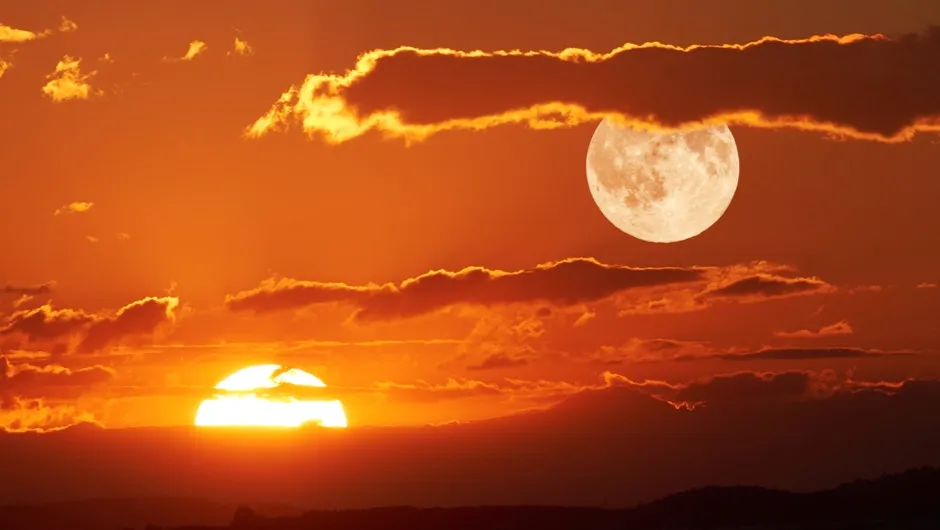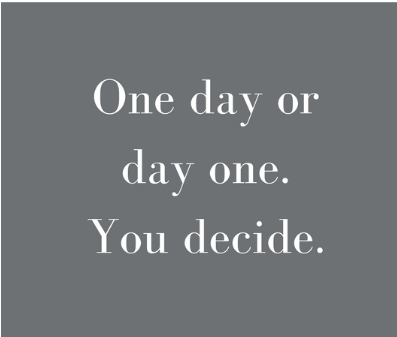February is a month of many holidays: Valentine’s Day, President’s Day, and Groundhog Day. At CCHS, the Black Student Union played a crucial role in ensuring that it was also a time to celebrate Black History Month. English teacher and Black Student Union (BSU) leader Nina Davidson, with the collaboration of the BSU, took the lead on helping emphasize the importance of recognizing Black History Month in schools and in society beyond the month of February.
Black History Month was officially recognized in 1976 by President Gerald Ford, and it has been acknowledged by every American president since then. However, Black History Month originated in September 1915, fifty years after the abolition of slavery was passed with the 13th Amendment. Carter G. Woodson, a Harvard-trained historian, and Minister Jesse E. Moorland established the Association for the Study of African American Life and History (ASALH), which was dedicated to exploring and elevating the achievements of Black Americans. In 1926, the ASALH decided to celebrate a national black history week on the week of Abraham Lincoln’s and Frederick Douglass’ birthdays in which many schools and communities hosted celebratory events. By the 1960’s, that week in February turned into a month-long observance, especially on college campuses.
Each year since its official acknowledgement, the ASALH has identified a theme that the month will be focused on. This year, the theme was “Black resistance” which explores how “Black resistance strategies have served as a model for every other social movement in the country, thus, the legacy and importance of these actions cannot be understated.”
At CCHS, students who are looking to get involved in the BSU can join meetings on Thursday mornings at 7:30am in room 242. The BSU kindly shared their insight into their efforts to highlight Black History Month below.
Q: Why is Black History Month important?
Davidson/BSU: It’s important because so much of how we function in this country is because of the work, inventions, and sacrifices of Black Americans. We don’t have to worry about contracting polio because of the undying HeLa cells that were stolen from Henrietta Lacks. The filament for light bulbs we use everyday was invented by Lewis Latimer. The macaroni and cheese we treasure as a nation was invented by James Hemings, Sally Hemings’ brother. We have Pauli Murray to thank for writing the legal framework that brought us women’s rights and civil rights. Not honoring the contributions of Black people in this country is not telling the whole story about this country.
Q: How do you honor BHM?
Davidson/BSU: I thought it was important to go beyond the Heroes and Holidays model of Black History Month, which is usually limited to honoring Dr. Martin Luther King, Jr., and Rosa Parks. These figures were super important, but I find that celebrating modern heroes is also important. In collaboration with the BSU, we created a daily slide show – that the English department uses and is shown on the screens throughout the building – that showcases Black folks making history today. For example, Dr. Kizzmeika S. Corbett was one of the lead scientists who developed the Moderna Covid-19 vaccine. That’s timely and relevant to today, which is something students from all walks of life can understand. The BSU also thought it was important to have a figure for every day of Black History Month, regardless of February break, so our celebration will run until March 3.
Q: How can we, as a school/community, honor BHM?
Davidson/BSU: Perhaps a good place to start is by acknowledging that Black History is American History. Our collective view of history has been disseminated by those who have had the privilege to record history. Enslaved people were not allowed to read or write, so their stories were not recorded. When those in power write the books on history, they will always be the heroes. This is by design. As a community, it would be helpful to revisit the narratives we’ve been taught for years to examine whether or not we’ve been getting the whole story. Black History Month is not just a gimmick; it’s essential to understanding who we are as a nation.
Q: How do you feel BHM has changed over the years?
Davidson/BSU: In a lot of places, it hasn’t. Every February, there is a story about a mock slave auction (CA), or someone serving fried chicken and collard greens in a cafeteria (NY), or some children being painted in blackface for an activity (FL). And that’s because BHM is treated as a thing to be tolerated, not embraced.
Q: What is the Black Student Union? What do the members do? What happens at the meetings?
Davidson/BSU: BSU is a safe space for POC (people of color) within CCHS. Members discuss current events happening in the school and how we can improve the systemic issues.
Q: Why is it important to have BSUs in schools?
Davidson/BSU: It’s important for schools to have a BSU because it gives students a space to talk about what they’re going through as a student in a PWI (predominantly white institution). It’s also important to bring ourselves together and bring our history into schools the right way.
Q: How can the CCHS community support the BSU?
Davidson/BSU: Make it known and let people know that there are issues within our school community, especially with race and microaggressions. Acknowledge that we are here. Help us educate the educators.
While Black History Month has technically run its 2023 course, it is important to remember that honoring and remembering the achievements of Black Americans is not limited to the month of February.
Sources:
